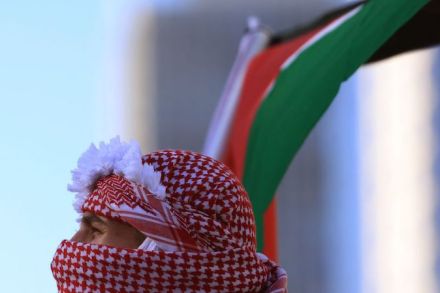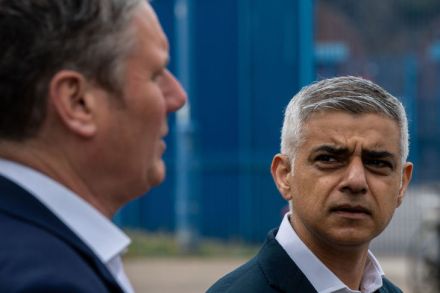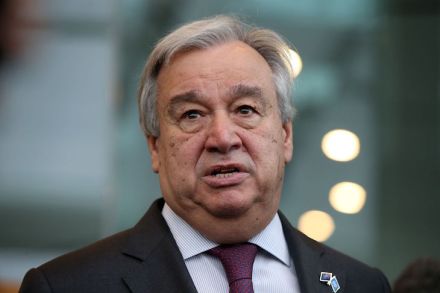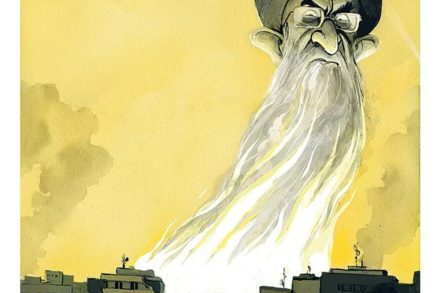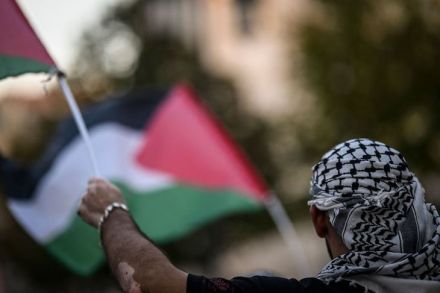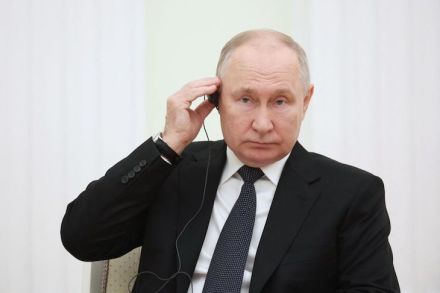Gaza and the terror of tank warfare
As Israel encircles Gaza City, the Israeli Defence Forces (IDF) is conducting what we in the British Army call Fibua, or Fighting In Built-Up Areas. Less ceremoniously, it’s known as Fish – fighting in someone’s house – or Fish and Chips – fighting in someone’s house and causing havoc in people’s streets. But the flippant name belies the danger – and terror – of these operations. My taste of Fibua came in 2004 during tank operations in Al Amarah in southern Iraq. While my experience might be a little out of date, the fundamentals of urban combat for tanks haven’t really changed. The tank is a formidable weapon. But when you’re



